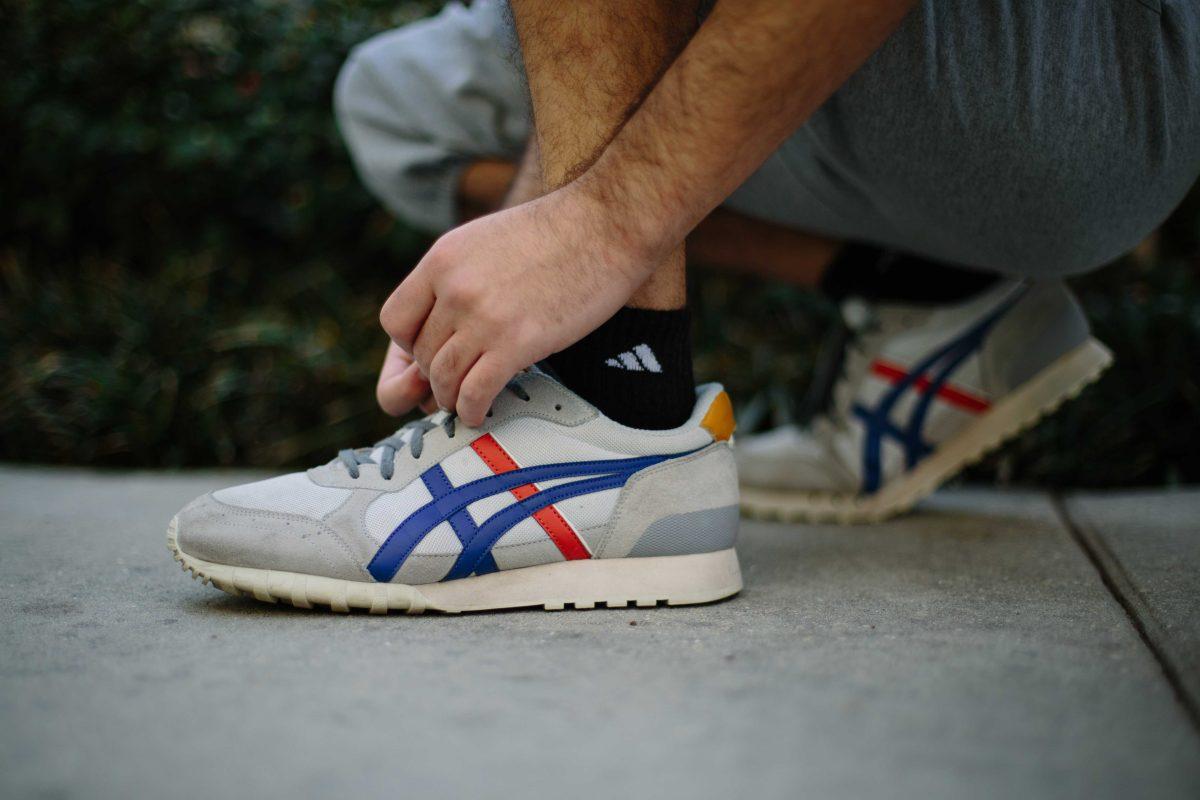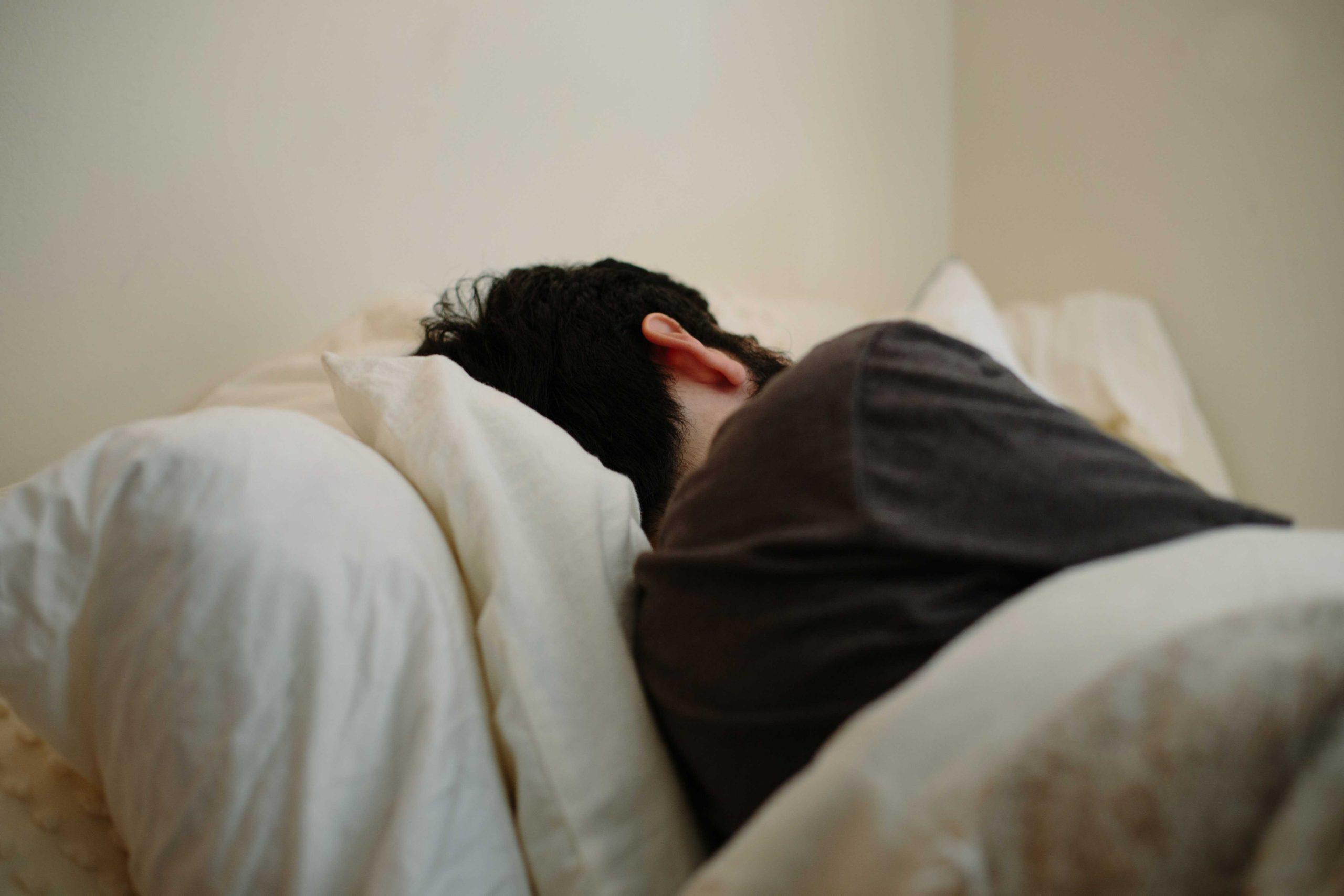Between maintaining academics, extracurriculars and a social life, leading a healthy life can tend to fall to the wayside for many college students. However, developing good habits, eating better and exercising could lead to feeling better overall. Below are a few simple steps to ensure a healthier, happier lifestyle.
Make the Decision
This is a crucial first step. It takes willpower and motivation to make changes to the way you eat and stay active. Changing your habits requires a lifestyle change and not just a quick fix. If you want to see changes in the way you look or feel it has to start with the decision to consciously make a change.
Get Active
Often, students who were athletic in their high school years may not continue in their sport throughout college, or decide to stop exercising altogether when transitioning to college life.
LSU University Recreation offers intramural sports or club leagues for students to stay active. Joining a team sport is often more fun than a typical workout and has several benefits including meeting new people and keeping team members accountable. Students who prefer a solo workout can utilize other alternatives to stay active, such as running the LSU lakes, going to the UREC, or joining a local fitness group.
Several gyms and fitness classes around Baton Rouge offer student discounts, especially those close to campus like Yogalates, Tred, UFC Gym and Pure Barre.
Jessica Kempainen, a trainer in New Orleans, recommends moving for at least thirty minutes every day. “Exercise also allows you to relieve the stress of the day, which can do wonders for your mental health,” she says. “Working out with a partner is an additional way to keep yourself accountable, so recruit your friends and get moving.”
Eat Clean
While healthy food options can be limited living in a dorm or Greek house, processed food isn’t the only option available to students. Developing healthy eating habits can be a hard transition to make when fast food temptations around campus are constantly fighting for students’ attention.
Rebecca Miller, a lifestyle nutritionist with Ochsner Fitness Center, recommends eating smaller portions throughout the day rather than large meals to keep hunger away.
“I love tuna pouches packed in oil for a on-the-go snack option, it is protein enriched and easy to keep in a mini-fridge,” Miller says. “Natural popcorn without trans fat is also great for snacking and late-night studying.”
For on-the-go healthy snacks to eat between classes, LEGACY recommends these fresh eats:
- Mixed nuts or almonds – available in small to-go packs are a great source of protein
- Hummus and veggie sticks – can combine in a cup with a lid and take to class
- Fruits – bananas and apples don’t need any prep and are very transportable
- Protein bars – make sure the one you choose isn’t loaded with sugar
- Avocados – split in half and take to go
- Deli Roll-ups – no bread required; slice of ham or turkey and roll up sandwich contents
- Protein shakes – for breakfast
Rest Up
Sometimes, it may seem like there’s simply not enough time in the day to breathe, much less rest in students’ jam-packed schedules. However, sleep is the most important determinant of a long life — more important than diet, exercise or heredity.
“Sleep is a time when your hormones are regulated, which affects your appetite and your energy. This lack of energy leads to making poor meal and snack choices,” Miller says.
Miller recommends students get seven to nine hours of sleep a night.
To ensure a full night’s sleep, follow these helpful tips:
-
Put away all digital screens at least an hour before bed
-
Sleep in a dark room
-
Wind down before bed by reading a book, journaling and taking deep breaths
-
Stick to a night time routine
Mental Health
Mental health is an individual’s emotional, psychological and social well-being. Irregular eating habits, distancing oneself from friends and family members and having low to no energy are all signs of mental health problems. Positive mental health allows people to cope with stress, work productively and realize one’s full potential.
Haley Shows has a masters degree in clinical mental health counseling and is currently an academic advisor at LSU where she provides support and counsel to students.
“Students feel like they always need to hold it together, but this is their chance to listen to themselves and learn what they need,” Shows says. “You don’t have control of everything in life so take advantage of those things you do have control over.”
Shows recommends finding a support system to lean on, whether it be existing friends, family or a counselor at the University.
Prioritizing your time can eliminate anxiety, especially knowing when to set aside time for school and when to have fun — it’s about balance, the advisor says. Taking personal time to destress and relax is another great way to improve your well-being, Shows says
“I’m a huge believer in music and art therapy. Listen to that song that makes you sing at the top of your lungs or color outside the lines. Do the things you love to relieve that built-up energy and anxiety,” she explains.









